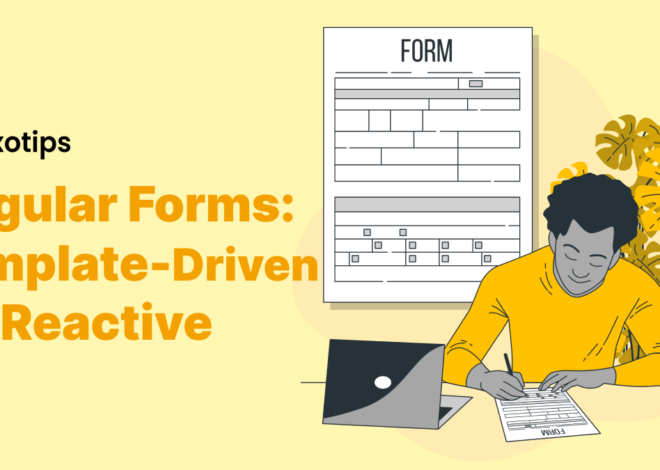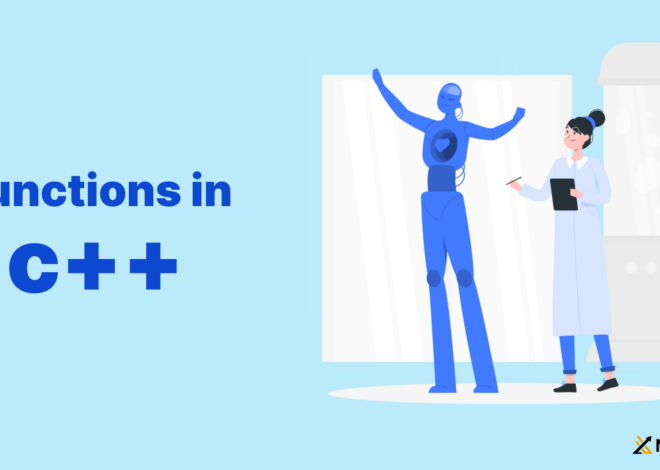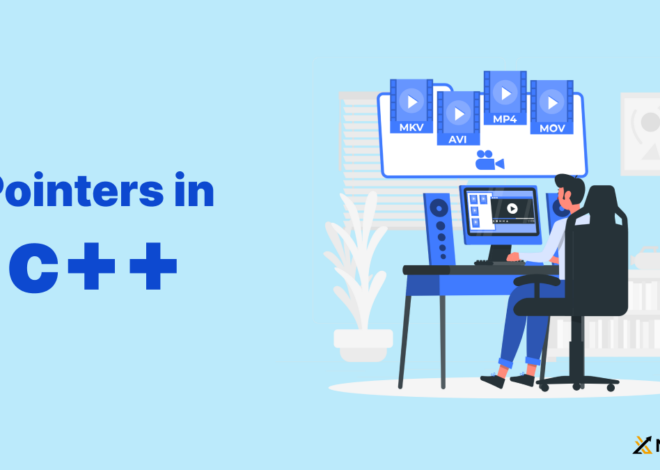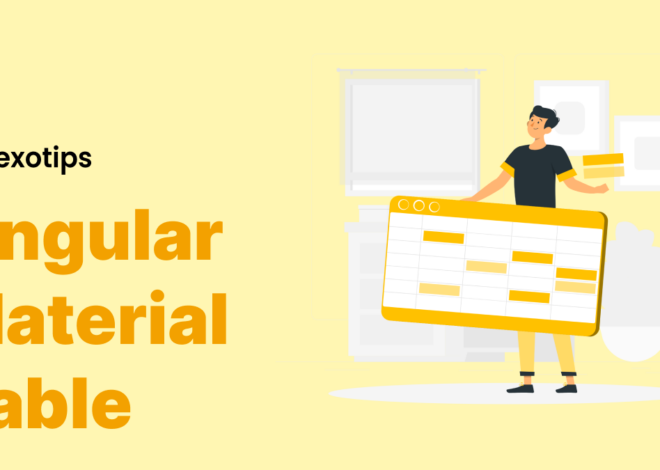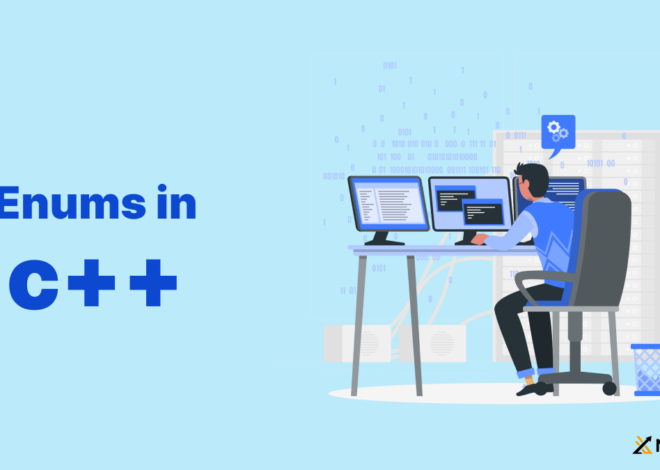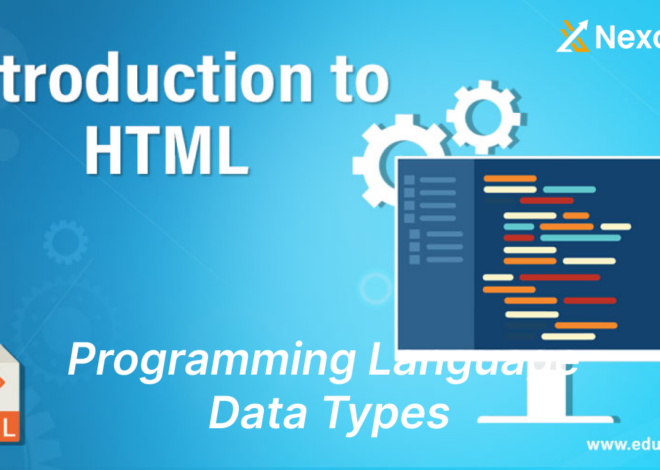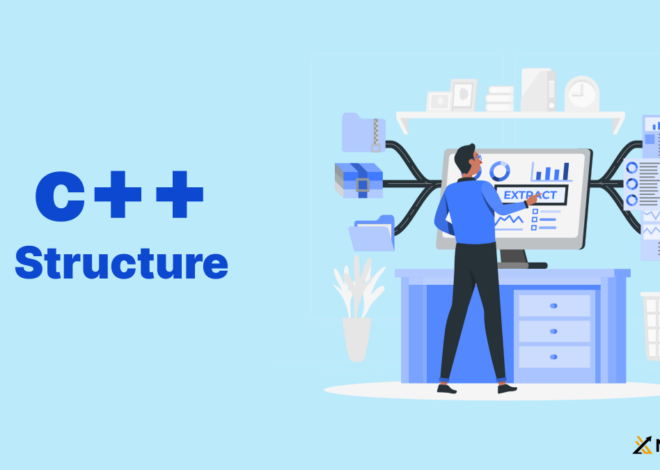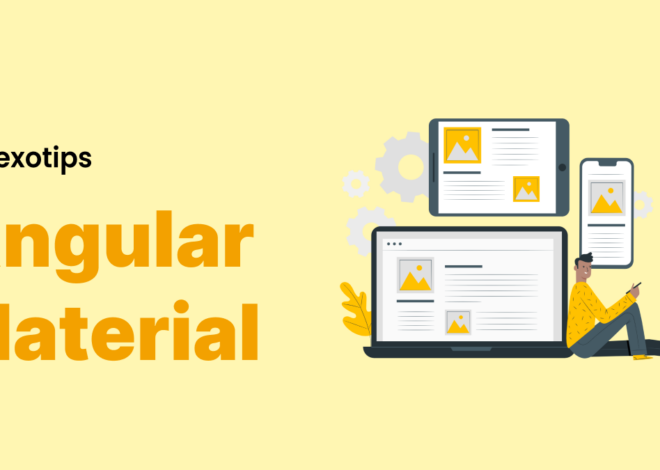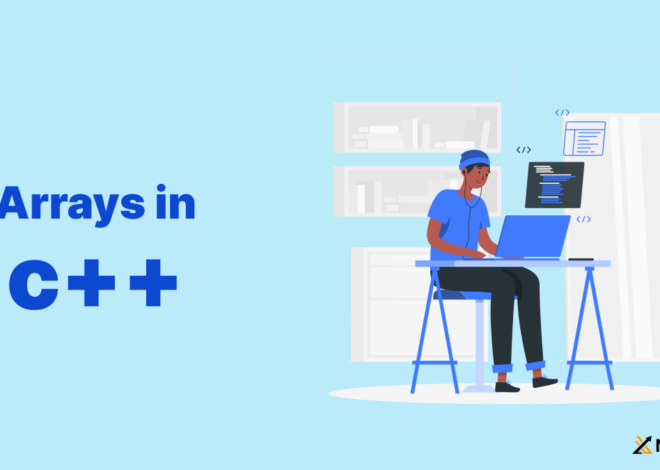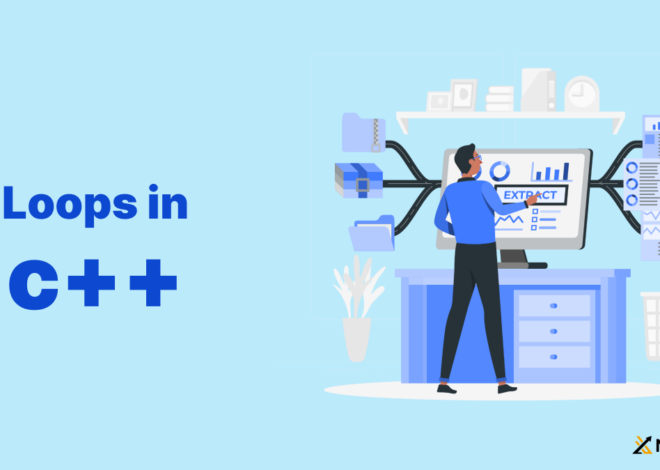#Coding
Angular Forms: Template-Driven vs. Reactive With Best Understanding Example
There are two primary methods for creating forms with Angular Forms: template-driven forms and reactive forms. Every Angular Forms technique has a set of benefits and particular applications. The intricacy and specifications of your application will determine which of these Angular Form techniques is best for you. Reactive forms are ideal for more intricate and […]
C++ Functions : The Key to Writing Clean and Efficient Code for 2024
Introduction to Functions C++ Functions are essential constructs in programming that enable the separation of code into logical and manageable sections. By using functions, you can encapsulate repetitive or complex code sequences, promoting reuse and simplifying maintenance. C++ Functions help in the following ways: C++ Functions Declaration and Definition Function Declaration The function declaration (or […]
C++ Pointers : A Comprehensive Guide for 2024
1. Introduction Pointers are a unique feature of C++ that offer a high level of flexibility and control over memory. Unlike regular variables that store data, It store the memory addresses of other variables. This distinction is crucial for understanding how It operate and their role in C++ programming. Why Use Pointers? 2. Pointer Declaration […]
Angular Material Table: A Complete Guide with Best Example
Angular Material Table Overview The Angular Material library offers the robust and adaptable Angular Material Table component as a means of presenting tabular data in a tidy and contemporary manner. It makes it simple to design feature-rich and user-friendly tables with a broad range of functions including sorting, filtering, pagination, and more. We’ll look at […]
Comprehensive Guide to C++ Enums : Enhancing Code Clarity and Safety
Enums, short for enumerations, are a powerful feature in C++ that provide a way to define and use symbolic names for a set of values. They enhance code readability, maintainability, and safety by allowing programmers to use meaningful names instead of arbitrary numbers. This comprehensive guide will delve into the fundamentals of C++ enums, explore […]
HTML 2024 : The Backbone of the Web
HTML (HyperText Markup Language) stands as the cornerstone upon which the entire web is built. Whether you’re a beginner looking to understand the basics or an experienced developer seeking a comprehensive refresher, this guide will take you through everything you need to know about it , from its fundamental structure to advanced techniques and best […]
Understanding C++ Structures for 2024 : A Comprehensive Guide
C++ Structures is a powerful and versatile programming language that supports various programming paradigms, including procedural, object-oriented, and generic programming. One of the fundamental constructs in C++ that helps in organizing data and creating complex data structures is the struct keyword, which defines a structure. A structure in C++ allows you to group together variables […]
Angular Material : A Comprehensive Guide with Example
Angular Material is a powerful UI component library that has revolutionized the way developers build modern and visually appealing web applications. Developed and maintained by Google, Angular Material provides a comprehensive set of pre-built, customizable components that adhere to the Material Design principles, making it easier for developers to create consistent and user-friendly interfaces. In […]
A Comprehensive Guide to C++ Arrays for 2024
Introduction C++ arrays are one of the most fundamental data structures in programming. Efficiently store and manage collections of data with their help. In C++, arrays are widely used due to their simplicity and direct access to memory. This blog will delve into the intricacies of C++ array, exploring their declaration, initialization, usage, and various […]
Understanding C++ Loops : A Comprehensive Guide
1.Introduction to Loops Loops are a programming construct that allows you to repeat a block of code multiple times. They are essential for performing repetitive tasks without having to write the same code repeatedly. The main advantage of using loops is that they make your code more efficient, readable, and easier to maintain. Why Use […]

